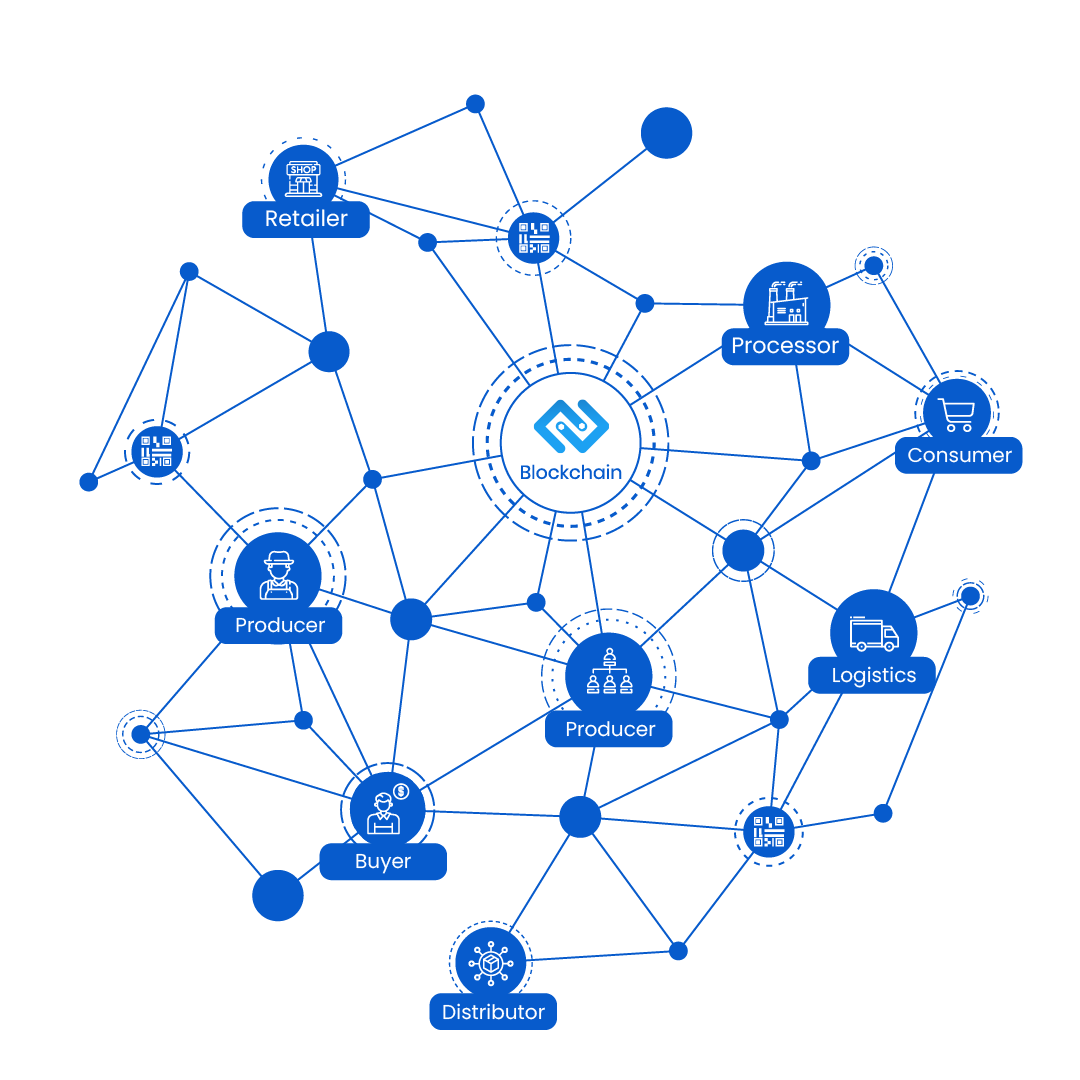Making Governance Transparent With Blockchain
Making Governance Transparent with Blockchain

- Cryptocurrency’s Regulatory Rollercoaster: Navigating Uncharted Territory
- Revolutionizing Transparency In Governance With Blockchain
- The Role Of Nfts In The Future Of The Gaming Industry
- What Is Proof Of History And How Does It Secure Blockchain Networks
- Evaluating A Crypto Exchange: Navigating The Complex World Of Digital Assets
Imagine a world where government activities, such as financial transactions, voting processes, and land ownership, are completely transparent and tamper-proof. Sounds like a dream, right? With the power of blockchain technology, we can turn that dream into a reality.
Blockchain, a ledger-like system known for its decentralized and immutable nature, can significantly revolutionize how governments handle data, decision-making, and even services. When applied to governance, blockchain brings numerous benefits, including improved accountability, efficiency, enhanced citizen participation, and corruption reduction.
But how exactly can we utilize blockchain to make governance more transparent? Here are some exciting ways to achieve that goal:
-
Transparent voting systems: Traditional voting processes often lead to disputes and allegations of tampering. A blockchain-based voting system, on the other hand, can record every vote as a unique transaction, making the entire process transparent and verifiable. Thanks to its decentralized nature, blockchain allows individuals to verify results without relying on any single authority.
-
Efficient public record keeping: Governments manage a vast array of documents, such as property records, birth certificates, and marriage certificates. Blockchain can be used to create a tamper-proof registry for these documents, allowing citizens to easily access and verify information. Records would be stored in blocks, and each subsequent block would contain a unique cryptographic hash of the previous one, ensuring the entire record remains intact.
-
Decentralized Identity Management: Identity management is a critical aspect of governance. With blockchain, individuals can securely manage their personal data, controlling what information they share with which institutions. Governments can use blockchain-based platforms to store digital identities securely, without compromising personal freedoms or opening up avenues for abuse.
-
Public Service Management: From maintaining roads to monitoring healthcare, government services can greatly benefit from blockchain. By utilizing a private blockchain network, personnel can securely share service request information, assignment data, or emergency responses. Cities like Dubai and Copenhagen are already exploring this approach.
-
Effectively monitor spending: A widespread concern among citizens is the misuse of public funds. Smart contracts, used in conjunction with blockchain, can automate budget allocations. For example, pre-defined contract terms could direct allocated funds to a specific project only when specific performance metrics are met, thereby reducing inefficiency and potential embezzlement.
Key Advantages of a Blockchain-Enhanced Governance System:
-
Data Management: Data and records are immutable and remain as saved, providing an audit-trail accessible to both citizens and government authorities.
-
Corruption minimization: Automated recording processes greatly reduce corruption potential as only data and actions as per set contractual agreements are possible.
